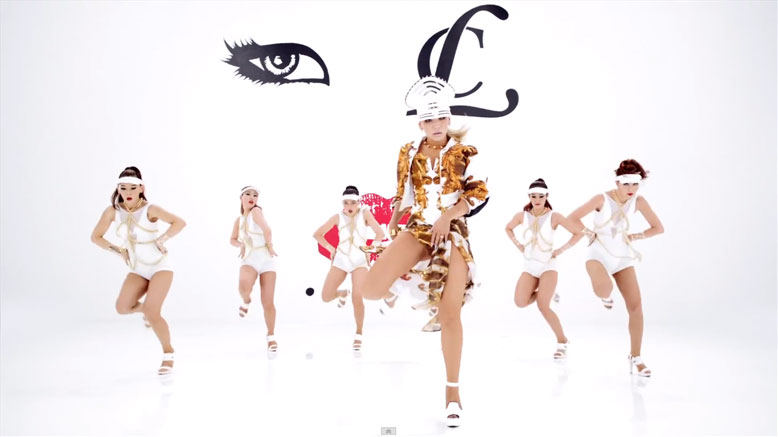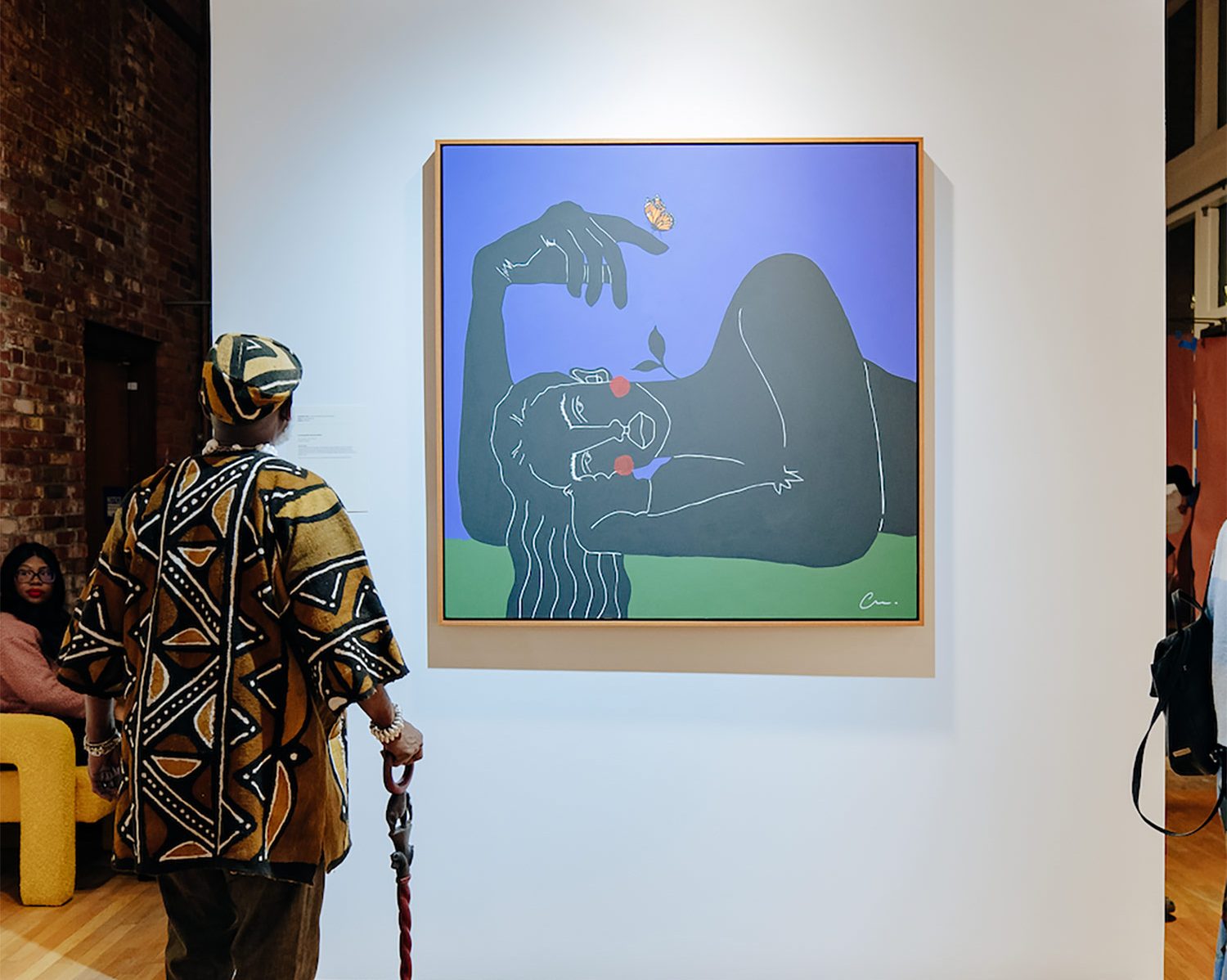Transcription of Fantastic Baby Discussion Panel (Cont’d): Multi-Member Groups
Reese Umbaugh: What initially got me into K-Pop was not the music or even necessarily the imagery; it was, “Why are there twelve people singing in this song?” So I’ve selected some videos that highlight some groups that have a lot of members. So, take it away.
Vivian Hua: Reese, can you talk a little bit about why these groups have so many members, and what the advantages and disadvantages are?
Reese Umbaugh: I think one of the advantages would be — I remember growing up, and I had my favorite N’Sync member of whatever. I think someone in South Korea thought it would be a good idea to really expand on that, because you know, when you have twelve people onstage, you’re going to find your favorite person, and that’s going to draw you into the group even more, and I think that’s a definite pro that somebody was thinking of. I think it’s also really smart business-wise; when these groups aren’t onstage, these 9, 12, 29 members are on Korean soap operas or endorsing products, and all of that money goes back to their record companies. They’re a lot different from record labels here; they’re more just like entertainment enterprises. They get everything that these artists do, really, so I think that that’s why they do it. I think that a con would — when you take that last video [for Apiece], that was 21 guys — I think that when you get that big… I’m sure that was extremely expensive to maintain, but also, just kind of setting yourself up to fail, because you can’t really individualize any of those people; there’s too many of them. And at the same time, you put them all in the same outfit, and you can’t distinguish who’s who, except for the one blonde guy; I did appreciate that they threw him in there.
Gina Altamura: Can you talk a little bit about the typical roles that are delegated out? Obviously, in a group of this size, there’s lots of different roles people could be playing, or even personality types and characters they could be embodying, so I would be curious about that.
Reese Umbaugh: Yeah, there’s pretty much a standard formula for K-Pop groups, as far as roles go within the group. There’s the lead vocalist, the rapper, the dancer; they make a big deal about who’s the youngest one — that’s a thing they think is cool. They also have — and I have always thought this was the most interesting thing — they have a member they call a “visual” — and that member doesn’t really excel at anything; they’re just really good-looking. And that’s completely known to that person, and to everyone else, that that is what they do. They’re the face of the group, you know? I just think that that speaks a lot to what K-Pop is, actually. Kind of makes me like it even more, actually. As far as personality types, I think that with boy groups, it’s pretty standard as far as you have, the rowdy one, the rebellious one, the fat one, the religious one — you have all of that — but with girl groups, I think that it’s still kind of harder to crack that surface. I really like Girls’ Generation a lot, and Jordan thinks they’re kind of all just robots — and I could see how a casual K-Pop viewer might think that. I think that Allen and Ingmar will talk a bit more about that, too.
Vivian Hua: Do you think with groups of such large sizes and all the different roles, that it sacrifices quality? Are there people in the background who kind of don’t really know how to do anything, and it’s cool?
Reese Umbaugh: I kind of feel like anybody that is in any of these groups — even if they’re really bad groups, and they don’t really go anywhere — I feel like everybody has kind of the same dedication, because… it’s kind of a lot of work to be in one of these groups. The record companies will pay for you to get trained in singing and dancing, and learning different languages for years, before you will ever come out of a song or be a part of a group. So, I kind of feel like everybody’s sort of equally talented, in a way, but somebody kind of delegates who does what, unfortunately, and somebody has to be in the background, and nobody really likes him, and it sucks for that person, but they tried their damned hardest, so…
Gina Altamura: Do you have any sense of why certain bands this size succeed or fail?
Reese Umbaugh: The ones that flop — like Apiece, like I said — there’s just no… it’s confusion, all-around. Nobody really stands out, and nobody really makes it memorable. I don’t really know what it is that has made artists [succeed]. Super Junior and Girls Generation are definitely leading the pack as far as groups that are larger than six members — that have really done something internationally. I don’t know if it’s because they have sort of been around the longest. I know that a lot of people have tried to imitate what they have, and you can’t really match that, because even though they’re all in their early-to-mid-20s, really, those are the groups that are really veterans.
Vivian Hua: Last question… can you talk a little bit about EXO-K and EXO-M, and what the strategy there is?
Reese Umbaugh: Oh yeah. That group is called EXO; there’s twelve members, but six of them do all of their songs and promotional activities in China, and the other six are based in South Korea. And they have the same songs, all of their artwork for their albums is exactly the same. As you saw, their video was pretty much the same thing. And I think that that’s genius; I think it’s really a smart move to appeal to two different languages at one time — but also keeping the group of twelve. I’m sure that there are superfans who bought both of the albums; I have both of them on my iPod, and they’re exactly the same thing, really. Doing that is really popular in K-Pop right now — taking the larger groups and kind of breaking them down into smaller groups, and trying to appeal to a new audience… maybe it’s a different language; maybe it’s a different style of music. And that’s one of those things that K-Pop is doing that really nobody else is really doing, and I think that that’s really exciting.
Vivian Hua: Onto our next segment, about gender roles.






